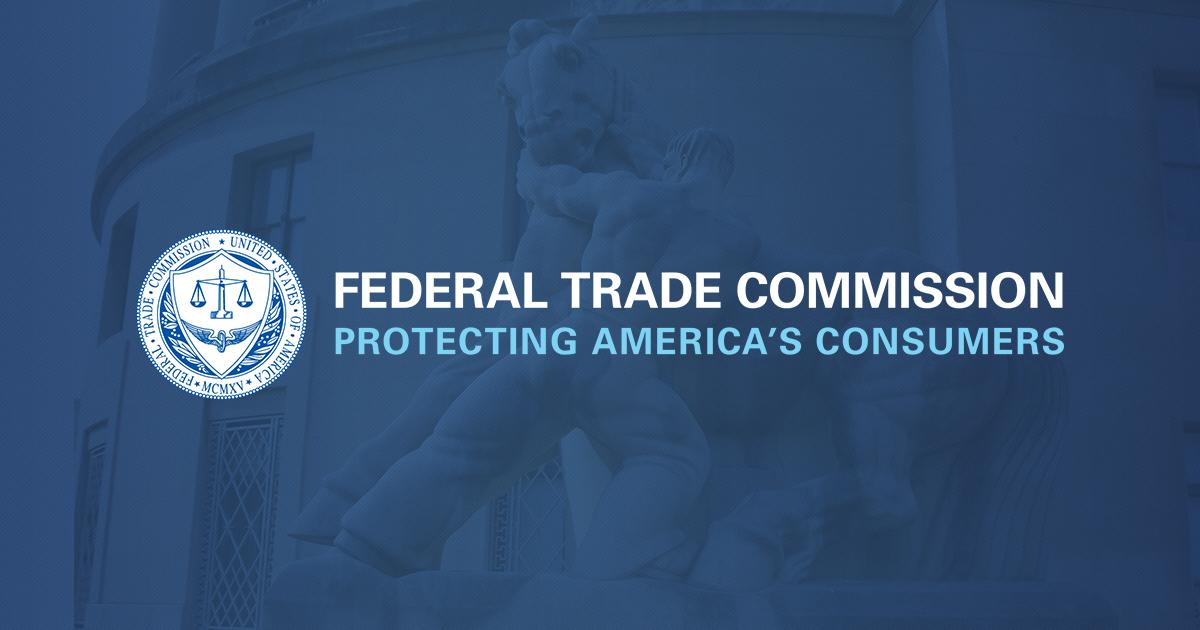The operators of websites that sold fake documents used to facilitate identity theft and other frauds have agreed to permanently shut down their businesses as part of separate settlements with the Federal Trade Commission.
In separate cases filed by the FTC, the Commission alleged that Katrina Moore, Steven Simmons, and George Jiri Strnad II and their affiliated companies operated websites that sold customers a variety of fake financial and other documents – such as pay stubs, income tax forms, and medical statements – which can be used to facilitate identity theft, tax fraud, and other crimes.
“The sale of fake documents makes it easy for identity thieves and scammers to ply their trade,” said Andrew Smith, Director of the FTC’s Bureau of Consumer Protection. “This action demonstrates the FTC’s determination to stop those who help people to commit identity theft and fraud.”
Identity theft was the second biggest category of consumer complaints reported to the FTC in 2017 – accounting for nearly 14 percent of all the consumer complaints made last year. Credit card fraud was the most common type of identity theft reported by consumers in 2017, followed by tax fraud.
The complaint against Moore and her business, Innovative Paycheck Solutions, alleges that she promoted the sale of a variety of financial documents on the website she operated, FakePayStubOnline.com. In addition to fake pay stubs, these documents included bank statements and profit-and-loss statements. The site stated that the documents look authentic and sold for as little as $40 for a fake pay stub to more than $150 for fake tax returns. The site offered visitors the choice to customize their documents and to edit real bank statements, touting its “Custom Fake Pay Stub” and “Fake Pay Stubs Online, Quick, Easy, Accurate Pay Stubs.”
In its complaint against Simmons and his business, Integrated Flight Solutions LLC, the FTC alleges he operated the NoveltyExcuses.com website from 2013 until October 2017, where for $19.95 he sold a variety of financial, identity, and medical documents including pay stubs, auto insurance cards, utility and cable bills, doctor’s excuses, and medical absence reports. Like Moore’s website, Simmons’ NoveltyExcuses.com advertised that the documents the site offered were fake but looked authentic, saying it could provide “Quality Authentic Fake Forms! Proven to Work!”
From about 2014 through March 2018, Strnad operated similar websites, including PayStubDirect.com and PaycheckStubOnline.com, that offered fake pay stubs, tax forms, and bank statements, according to the FTC’s complaint. His iVerifyMe website sold job verification services in which he claimed to verify employment and income for customers, the FTC alleges. As with the other defendants, Strnad’s websites advertised that the documents were fake but looked “authentic.” At the same time, his iVerifyMe site advertised that it could verify the employment claims made using the fake pay stubs offered from his other websites, according to the FTC.
The Commission noted in all three complaints that fake financial and identification documents can be used to commit identity theft and loan fraud. Identity thieves can use fake documents to apply for credit cards along with stolen personal information. When an identity thief fails to pay the credit card bill, the victim’s credit suffers.
The sites offered by the defendants claimed that the fake documents were for “novelty” and “entertainment” purposes but failed to clearly and prominently mark such documents as being for such purposes and did not state on the documents themselves that they were fake, according to the complaints.
The Commission alleges Moore, Simmons, and Strnad violated the FTC Act’s prohibition against unfair practices.
As part of her proposed settlement with the FTC, Moore is permanently prohibited from advertising, marketing, or selling any fake documents or services and providing any means to others to make misrepresentations about an individual’s identity, finances, residency, taxes, or employment. She also has agreed to pay $169,000, all of which is suspended due to her inability to pay.
In his proposed settlement, Simmons agreed to similar conduct prohibitions and to pay $15,000, which also has been suspended due to his inability to pay. The full amount will become due if either defendant is later found to have misrepresented their finances. Strnad agreed to similar conduct restrictions in his proposed settlement and to pay $133,777.
The Commission voted 5-0 to approve the three complaints and stipulated final orders. The FTC filed the proposed order with Moore in the U.S. District Court for the Central District of California, while the proposed order with Simmons was filed in the U.S. District Court for the District of Oregon, Portland Division, and the proposed order with Strnad was filed in the U.S. District Court for the Southern District of Texas, Houston Division.
NOTE: Stipulated final orders have the force of law when approved and signed by the District Court judge.
The Federal Trade Commission works to promote competition, and protect and educate consumers. You can learn more about consumer topics and file a consumer complaint online or by calling 1-877-FTC-HELP (382-4357). Like the FTC on Facebook, follow us on Twitter, read our blogs, and subscribe to press releases for the latest FTC news and resources.

